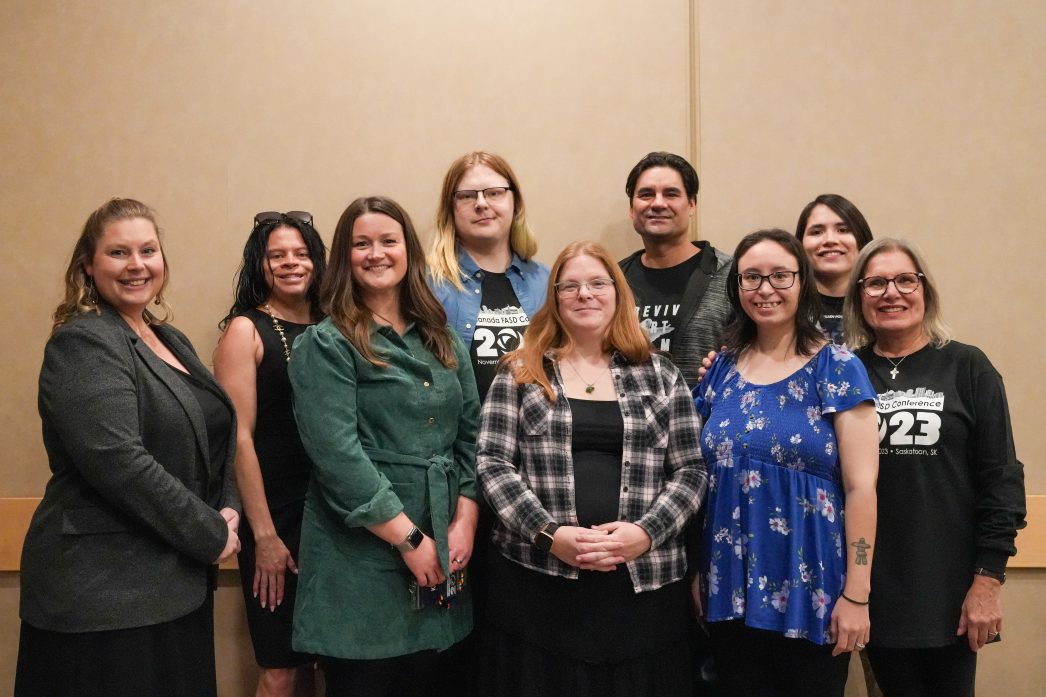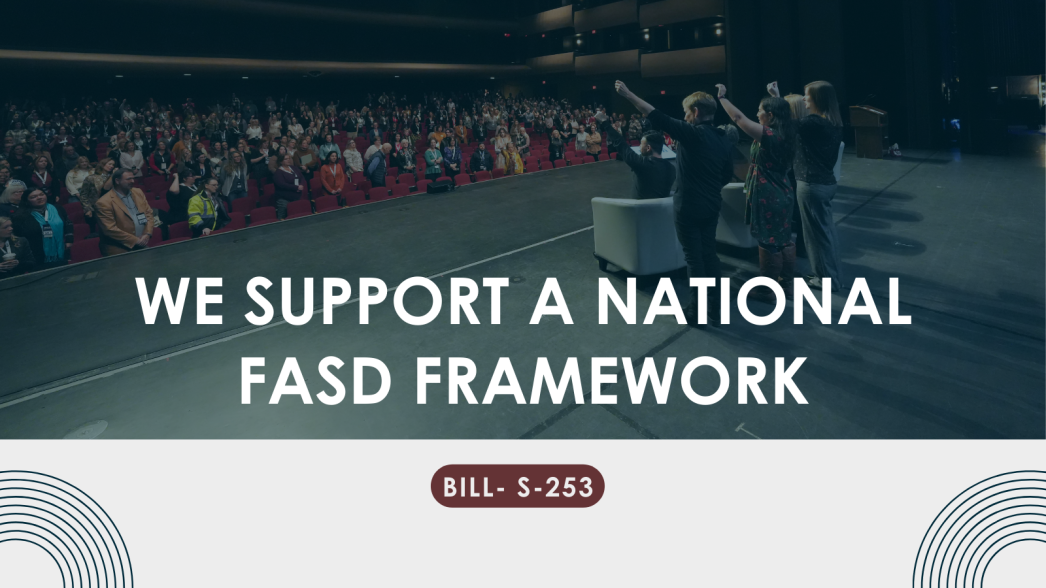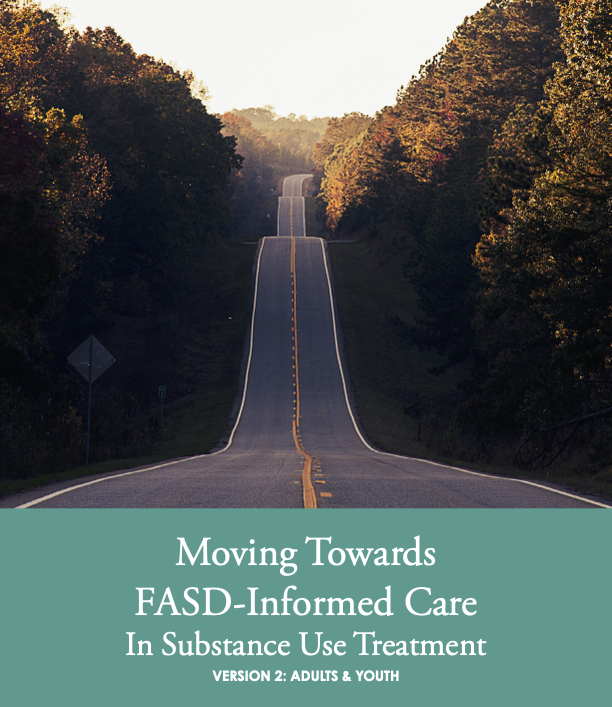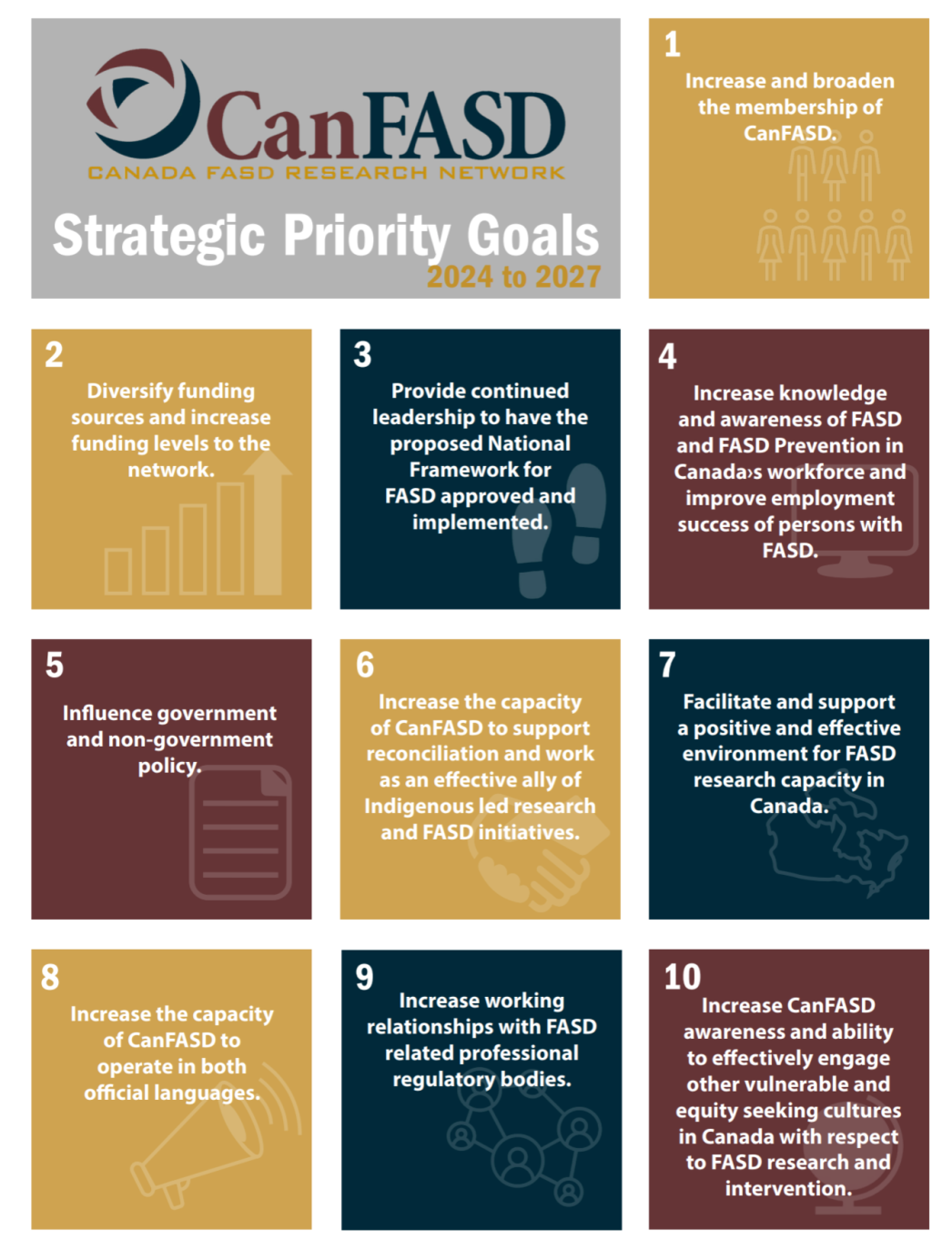The Canadian Institute for Substance Use Research released a list highlighting groups and organizations who involve people with lived and living experience in their work.
“It feels like home to get together with like-minded people”: Canada FASD Conference
Reflecting on the Canada FASD Conference 2023, one of our biggest successes was the inclusion of people with lived experience.
New Issue Paper: Folic Acid, Choline Supplementation and FASD
Emerging research suggests that use of micronutrient supplements during pregnancy, especially folic acid and choline, may mitigate the effects of prenatal alcohol exposure and support healthy pregnancies.
FASD missing from Federal Budget 2024
The Federal Government recently released a 400-page budget, outlining their key priorities and investments for 2024.
Updated Substance Use Treatment Guide Launched which includes special considerations for youth
We are thrilled to announce the launch of the latest version of the Moving Towards FASD-Informed Care In Substance Use Treatment guide.
New Webinar: Building Stability
Join us for our new webinar happening April 26th 1:00pm eastern time!
2024 Version of the FASD Common Messaging Guide Released
Since 2017, we have been publishing an FASD Common Messages Guide, a resource focused on respectful ways of writing and talking about FASD.
Strategic Priorities for 2024 to 2027
We have just published our new Strategic Priorities Plan for 2024-2027.
Guiding Change in Alcohol Use through Compassionate Dialogue and Self-Help
David Brown tells us about the integrated approach he and his colleague recommend for supporting individuals who are trying to reduce their alcohol intake.
Top FASD Articles of 2023 Announced
Without further ado, here are the top FASD research articles of 2023!










